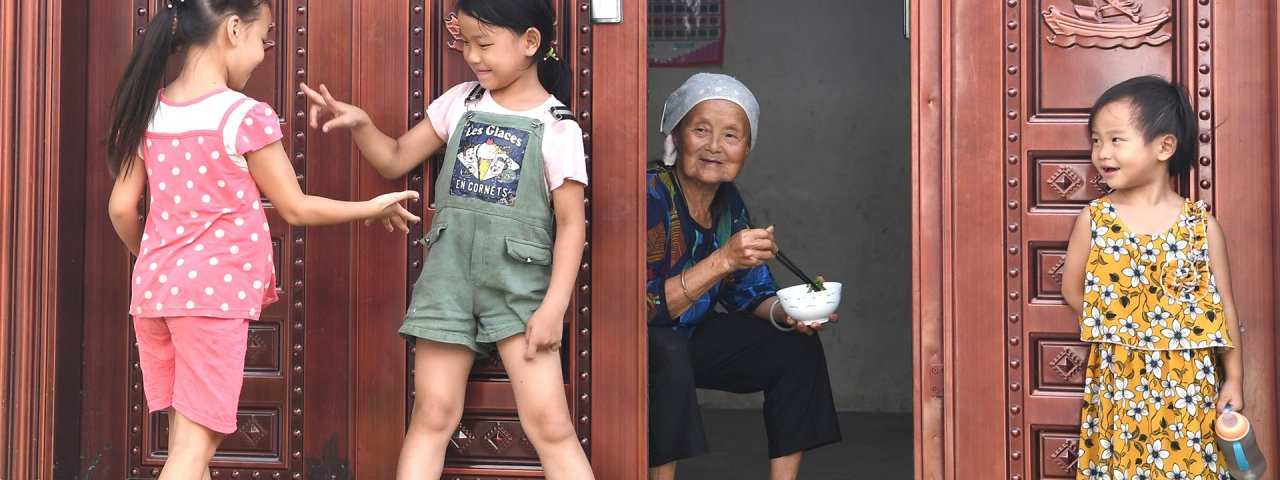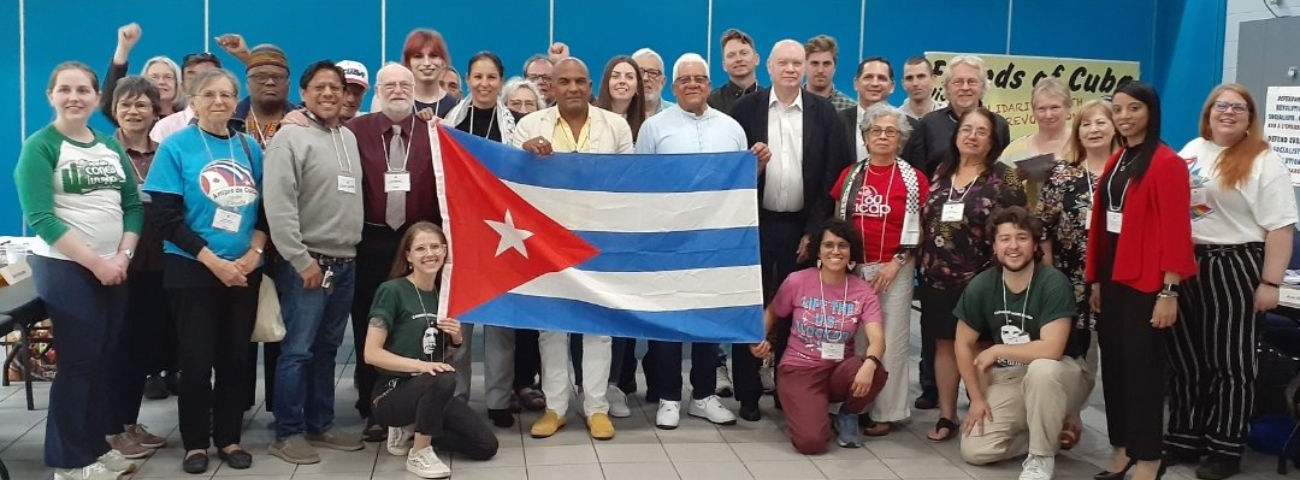By Jianhong Li
November 23, 2020 is a significant day in the history of the People’s Republic of China and possibly of the world. China Central Television (CCTV) announced that 9 counties in Guizhou Province, one of the poorest provinces in the country, have been lifted out of absolute poverty. With the results in these last few localities, living standards in all of the 832 previously poor counties across China’s 22 provinces are now above the poverty line. The Chinese government’s ambitious Poverty Alleviation Campaign, the largest of its kind in human history, is ending victoriously.
The Communist Party of China has long had the goal of providing Chinese people with a decent life. Echoing Chairman Mao’s famous phrase “serve the people whole-heartedly,” General Secretary Xi Jinping recently stated, “to meet their desire for a happy life is our mission.” Since the Party came into power in 1949, China has modernized rapidly and the quality of life has improved significantly; nevertheless, China’s economic development has been uneven. Historical reasons and factors like a harsh natural environment meant that some areas, most of which are situated in remote mountains and deserts, and which often also happen to be inhabited by ethnic minorities, remained poor.
As part of the Communist Party’s goal of eliminating absolute poverty, the State Council established in 1986 a poverty alleviation office to coordinate nation-wide poverty reduction programs. Under this centralized approach, a huge amount of resources and expertise have been allocated to poor rural areas to facilitate social and economic progress. A variety of comprehensive initiatives – including education, housing, healthcare, infrastructure, relocation, employment creation and economic enhancements – help ensure poor households receive the support they need and eventually achieve sustainable financial self-reliance.
A landmark in China’s anti-poverty strategy was the elevation of poverty alleviation to a national policy priority at the 18th National Congress of the Communist Party, in 2012. The following year, Xi Jinping proposed the concept of Targeted Poverty Alleviation, under which local governments are required to “keep track of every household and individual in poverty to verify that their treatment is having the desired effect.” A centralized electronic system was created to identify, track and evaluate each poverty-stricken individual and household. The database is updated regularly to reflect progress, using data from customized front-line case work.
With the concerted efforts of the whole country, the model has worked extremely well in practice. By the end of 2018, the number of rural people living in absolute poverty decreased from 98.99 million to 16.6 million, representing an annual decrease of 13.73 million and a total decrease of 82.39 million.
Since then, more aggressive initiatives have been launched in the last battle against poverty. The government is determined that not one single citizen be left behind in China’s relentless pursuit of common prosperity. To end extreme poverty by the end of 2020, a large scale mass mobilization was implemented. Robert Lawrence Kuhn’s documentary China’s War On Poverty captured the memorable grassroots mobilization from several Chinese villages in different parts of the country. The film crew followed Party cadres and local officials on their daily duties and interviewed villagers who were being lifted out of poverty.
China’s unprecedented accomplishments in combating poverty have earned global praise. The United Nations calls it the greatest poverty reduction feat in history, and the remarkable undertaking makes a strong case for socialism. A well-known Chinese political slogan says that practice is the sole criterion for testing truth. And the truth is, the entire history of the People’s Republic of China constitutes the world’s largest-ever poverty reduction project. Over the course of 70 years, over 800 million people have been lifted out of poverty.
China’s efforts in poverty reduction and its pioneer work in many other aspects of socialist construction will be a great asset for building an exploitation-free and oppression-free socialist society.
For the Chinese people, the victory of the Poverty Alleviation Campaign means accomplishment of the goal in the 13th Five Year Plan for a “moderately prosperous society” by 2020. As planned, socialist construction in China will enter a new stage, with the Party’s “Two Centenaries” goals outlining a set of quantitative nation-building objectives for the next several decades.
In 2021, China’s 1.4 billion people will celebrate the centenary of the founding of the Communist Party of China by dumping poverty into the dustbin of history. It is another huge step on the path to becoming a strong, democratic and modern socialist country.
[hr gap=”10″]
Get People’s Voice delivered to your door or inbox!
If you found this article useful, please consider subscribing to People’s Voice.
We are 100% reader-supported, with no corporate or government funding.




